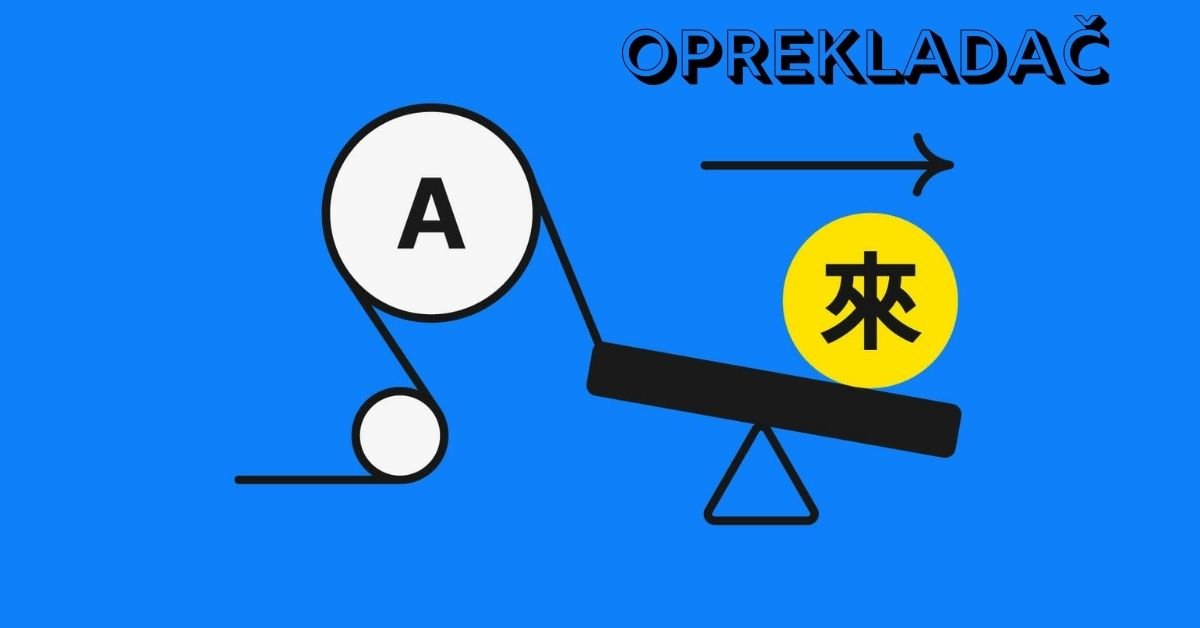Oprekladač is a term used in some Slavic languages for “translator.” It represents the broad array of online translation tools available to users worldwide. These tools are designed to break down language barriers, enabling communication between people who speak different languages.
The Importance of Online Translators
Online translators have revolutionized the way we communicate. They offer real-time translation, making it easier to understand foreign languages instantly. This is particularly beneficial for travelers, students, and businesses engaging in international trade.
How Online Translators Work
Online translators use advanced algorithms and machine learning to convert text from one language to another. They analyze the syntax, grammar, and context of the input text to provide accurate translations. Some tools also use neural networks to improve translation quality over time.
Popular Online Translation Tools
Several online translation tools are widely used, including Google Translate, Microsoft Translator, and DeepL. Each of these tools has unique features and strengths, catering to different user needs.
Google Translate: A Household Name
Google Translate is perhaps the most well-known online translator. It supports over 100 languages and offers features like speech translation, handwriting recognition, and offline translation. Its user-friendly interface makes it accessible to everyone.
Microsoft Translator: Integration and Versatility
Microsoft Translator is known for its seamless integration with other Microsoft products. It supports text, speech, and image translation. Its conversation mode allows real-time translation for multilingual meetings, making it ideal for business use.
DeepL: The Specialist in Quality
DeepL is renowned for its translation accuracy, particularly for European languages. It uses neural network technology to provide more natural-sounding translations. Many professionals prefer DeepL for its nuanced understanding of context and idiomatic expressions.
The Role of Artificial Intelligence in Translation
Artificial Intelligence (AI) plays a crucial role in modern online oprekladač. AI algorithms analyze large datasets to learn language patterns, improving translation accuracy. This continuous learning process helps translators handle complex sentences and idiomatic phrases better.
Challenges Faced by Online Translators
Despite their advancements, online translators face several challenges. These include handling idiomatic expressions, maintaining context, and translating technical jargon. While they are constantly improving, human oversight is still necessary for critical translations.
Tips for Using Online Translators Effectively
To get the best results from online translators, keep sentences simple and clear. Avoid using slang or idiomatic expressions that might be difficult to translate. Reviewing and editing the translated text can also help ensure accuracy.
The Future of Online Translation
The future of online translation looks promising with ongoing advancements in AI and machine learning. We can expect even more accurate and contextually aware translations, making cross-cultural communication smoother and more efficient.
Benefits of Using Oprekladač for Businesses
Businesses can greatly benefit from using online translators. They can reach a global audience, improve customer support, and streamline international operations. Effective use of translation tools can lead to better market penetration and customer satisfaction.
Educational Applications of Online Translators
Students and educators can leverage online translators for learning and teaching foreign languages. These tools can provide quick translations, help with pronunciation, and offer examples of language usage, enhancing the overall learning experience.
Cultural Exchange Through Online Translation
Online translators facilitate cultural exchange by making literature, media, and online content accessible in different languages. This fosters greater understanding and appreciation of diverse cultures, promoting global harmony.
User Privacy and Security in Online Translators
Privacy and security are crucial when using online translators. Users should choose tools that offer strong data protection and avoid sharing sensitive information. Understanding the privacy policies of these tools can help ensure user data remains secure.
Conclusion
Oprekladač and other online translators have transformed global communication. They break down language barriers, making the world more connected and accessible. As technology continues to evolve, these tools will become even more integral to our daily lives.
FAQs
How accurate are online translators?
Online translators are generally accurate for everyday use, but may struggle with complex sentences and idiomatic expressions. It’s always good to review and edit translations.
Can online translators work offline?
Some online translators, like Google Translate, offer offline functionality. Users can download language packs to use the service without an internet connection.
Are online translators free to use?
Many online translators offer free services, but some advanced features may require a subscription or purchase.
How do online translators handle different dialects?
Online translators may struggle with dialects and regional variations. They are typically trained on standard versions of languages, so dialects might not be accurately translated.
Can online translators translate spoken language?
Yes, many online translators, like Google Translate and Microsoft Translator, can translate spoken language in real-time, making them useful for conversations with speakers of other languages.











